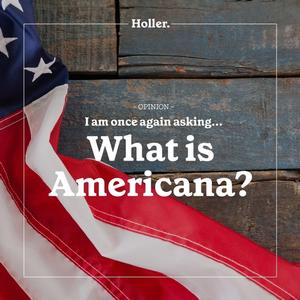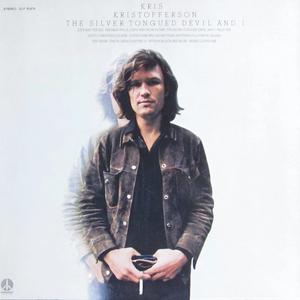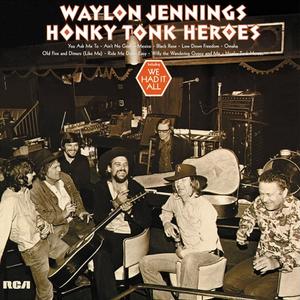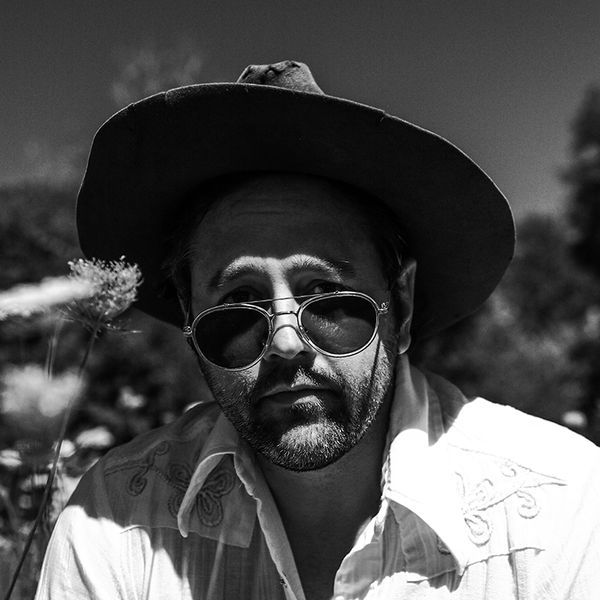




Link copied

“I don’t care what they call country music,” Cowboy Jack Clement always used to say. “I care what I call country music.”
The history of country music has always been written by its misfits; the square pegs that refuse to fit into the round holes the industry carved out for them. Characters like Cowboy Jack or Roger Miller, John Prine, Kris Kristofferson, Willie and Waylon, Gram Parsons and Emmylou Harris, and more recently artists like Kacey Musgraves, Chris Stapleton and Sturgill Simpson. Even Johnny Cash often had to swim outside of the mainstream to make any sort of difference; “The country music establishment does, after all, seem to have decided that whatever country is, some of us aren’t”, he once bemoaned.
When James Szalapski made the documentary Heartworn Highways in 1976 with a nascent movement of up-and-coming singers and songwriters, including Guy and Susanna Clark, Townes Van Zandt, Steve Earle and Rodney Crowell, the term “Americana” hadn’t even come into common use in country circles. But what he captured was an alternative side of country music coming out of Nashville and Texas that would bring into question the very nature of genre.
40 years later, the film maker Wayne Price set about making a sequel of sorts in Heartworn Highways Revisited, starring Joshua Hedley, Andrew Combs, Nikki Lane, Caitlin Rose, Spencer Cullum, Langhorne Slim, Jonny Fritz and Robert Ellis among others - as well as Guy Clark and David Allen Coe from the original film - capturing them singing around campfires, strolling through their backyards, out on the road or at living room picking parties. If Kris Kristofferson was coming through today, he would almost definitely have been in Heartworn Highways Revisited.
The same can be said for The Kernal, an artist who has become pivotal for a certain type of non-conformist country music coming out of unexpected places all across America.
“I think part of it is not really feeling like I was part of a scene”, he explained to us from his home in Jackson, Tennessee, where he was recuperating after a two-week tour of the US. “But then again, not feeling like I fit in anywhere was kind of what I wanted to do. We pretty quickly found out that there wasn’t really much of a place for what we were doing. There are plenty of other people, like Jonny Fritz for example, or a number of different artists that we could probably put into that category; people that are just influenced by the spirit of the music. I’m influenced by the spirit of the music that I love, and all you can do is just try to honour it - or replicate it - in whatever you do”.
Heartworn Highways Revisited was a film that spoke to Nashville’s never ending struggle to define what it is that makes something country, as a new generation of lyrical songwriters with low to lofty aspirations began following the signposts set down in the original film. They’re not held together by a musical sound as such, or even a shared geography, but by a sense of community spirit; as the singer John McCauley says into the camera at one point in the film, “I can’t tell you why I love country music. But I can assure you that I do.”
That idea of a shared spirit is reminiscent of the early-80s “anti-folk” movement in New York, and its revival in the late-90s with artists like Moldy Peaches, Beck and Jeffery Lewis. A loose collection of singers and songwriters whose writing stemmed from a sense of experimentation and community, mocking the seriousness of mainstream folk at the same time as staying true to its original spirit. If anti-folk was a reaction to the restrictiveness of folk music, then what artists like The Kernal or Brooklyn's Dougie Poole are doing is a reaction against the confines of the mainstream country industry - or, “anti-country”.
“I like the idea of anti-country”, he laughs. “A lot of the artists that I initially started pulling from - even outside of country – were just the artists who really cared a lot about the writing. They weren't just trying to write a love song or a breakup song. I always gravitated toward the artists who were writing something that was just unique to them, and maybe a little bit off-beat. Writers like Kris Kristofferson or Leonard Cohen. John Hartford is another one of my favourite artists. Bob Dylan of course. You just kind of take a bath and soak in Bob Dylan, you know. I never get out of that bathtub”.
The origin story of The Kernal – real name Joe Garner - begins with a red polyester suit. The western-style outfit had belonged to his father Charlie, who played bass on the Grand Ole Opry for 30 years, famously backing 'doodle-doo-doo' star Del Reeves. After his dad passed away, Joe went into the attic of his family home, looking for a keepsake. What he found was an alter ego and the beginning of a rich, cathartic 10-year musical journey, beginning in 2013 with Farewellhello, and culminating with his latest release, Listen to the Blood. When he’s not in his red polyester suit he’s also been known to play bass with Andrew Combs and Jonny Fritz.
Tapping into country music’s grand storytelling tradition and the irreverent humour of songwriters like Tom T Hall and Roger Miller, he called his style of music “diet country”, “imaginary country or “light country”, which even gave his second album its title. Like other “anti-country” artists, his sound embodies the spirit of country music and makes use of it’s tropes without ever resorting to cliché, at the same time as resisting the “slavishness or self-seriousness of much modern Americana”.
“With the Americana thing, I think it was almost a halfway house”, he ponders. “There was just a large group of unrepresented musicians in terms of genre for several years, and Americana was just kind of like a halfway house for all these weirdos that no one knew what to do with.”
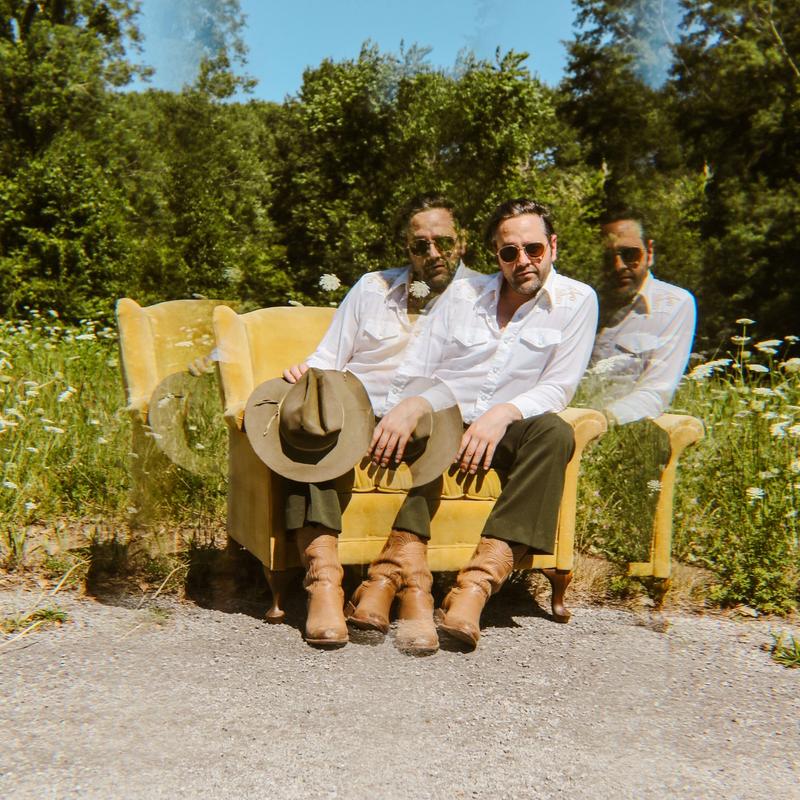
Nowadays, though, Americana just feels like somewhere else that The Kernal doesn’t fit in, but perhaps that’s no bad thing.
“It’s interesting, when my record label put Light Country out, it was kind of fed through all of the Americana distribution channels, and it really didn't do anything. So with this record, the label said, 'we're abandoning Americana for The Kernal, and we're just going to put you in a country category and just try to ride it out and see what happens'. Obviously, it seems to be working a little bit better”.
If anti-country has its origins around the turn of the decade - in Caitlin Rose’s Own Side Now or the first few albums from Andrew Combs, Jonny Fritz and Robert Ellis - then its turning point definitely comes a few years later with Sturgill Simpson and his first two Dave Cobb-produced records. This was soon followed by Margo Price, pushing beyond the country mainstream to shine a spotlight on East Nashville’s tight-knit songwriting community and finding a home on late night talk shows and Jack White’s Third Man Records.
“When I first started The Kernal, I found myself playing shows with metal bands and hardcore bands”, Garner explains. “I was just trying to figure out who would want me to have a show with them. Whenever you say 'country' – especially back then - you're referring to a large pool of money that's controlled by people that want to make more money from it, and they're not necessarily interested in being the purveyors of a tradition of music or anything like that. It's a business, you know".
"So, it was hard to find a place," he continues, "but when Metamodern Sounds In Country Music was released, there really was a kind of sea change - at least in the the way people talked about country. Then, of course, that happened again with Chris Stapleton. Basically, there came to be more of an infrastructure around how to talk about some of those things, and how to recognise artists that were doing something that's outside the mainstream”.
With his latest album, Listen To The Blood, it feels like The Kernal is finally getting the recognition he deserves, billing alongside like-minded and like-spirited artists. Caitlin Rose, the spiritual godmother of anti-country, even makes a guest appearance on ‘The Fight Song’.
“There's definitely more of an audience for what we're doing now. That whole movement has grown and grown every year. I think, once you put that music in front of people, they see it differently to the country music they know”.
For The Kernal though, this latest album was always meant to be the last stop on a three-part narrative of self-reflection. Whether or not we’ll be hearing from Joe Garner as his alter-ego again, we’ll just have to wait and see.
“When I set out to do the project, I planned to do three albums, and each album represented a certain phase in my own story; there are these representations of personal aspects to every part of The Kernal. In my mind, these three albums are what I needed to accomplish that and to speak about certain things to myself from the more artistic side.
"Moving forward, I'm not really sure" he explains. "I just turned 40 and I think I just also wanted to have an out, just in case my life was being ruined by music. Sometimes it's hard for musicians to get out of the game. Year after year goes by and you keep saying, ‘Well, maybe next year will be better’, so you keep going, and then you turn around and you're 62, divorced and living in a caravan somewhere. It happens to a lot of people, and I think I wanted to make sure that I gave myself a little bit of an out so I could always reassess things”.
As for anti-country – or whatever you want to call it - it’s finding a receptive audience in country music’s ever-expanding and shape-shifting listenership, even managing to reach places that artists from country music’s more conservative mainstream could only ever dream of reaching. Just look at Heartworn Highways Revisited alumni Nikki Lane singing with Lana Del Rey on Chemtrails Over The Country Club.
“A lot of people are taken aback when they hear my music, they kind of wonder why I’m doing this” Garner says. “This is old sounding music. It’s not modern, this kind of stuff. But this is what I love. I'm trying to approximate the music that I love into what I'm doing and what I'm writing about here and now. When you're doing music, you've got to do what you want to do and what you feel like you should do. Whether or not you're successful doesn't have any bearing on whether or not you keep doing it. You just kind of hope that somebody gives you a little bit of money for it at some point”.
Maybe it’s better that artists like The Kernal don’t always fit in - maybe they wouldn’t be the songwriters and visionaries they are if they did. Like Kurt Vonnegut says, “out on the edge you see all kinds of things you can't see from the centre.”
The Kernal's latest album, 'Listen To The Blood', is out now via Single Lock Records. Listen and subscribe to Holler's anti-country playlist below, featuring some of the artists The Kernal recommends.



